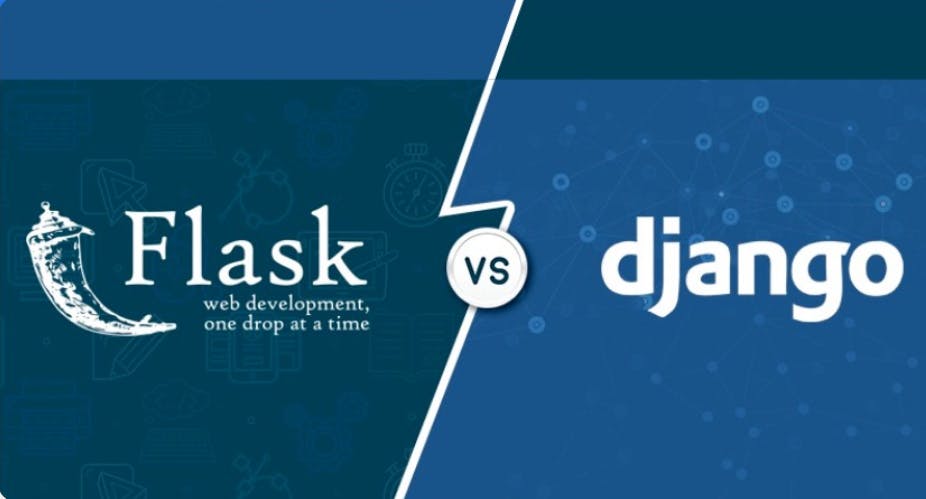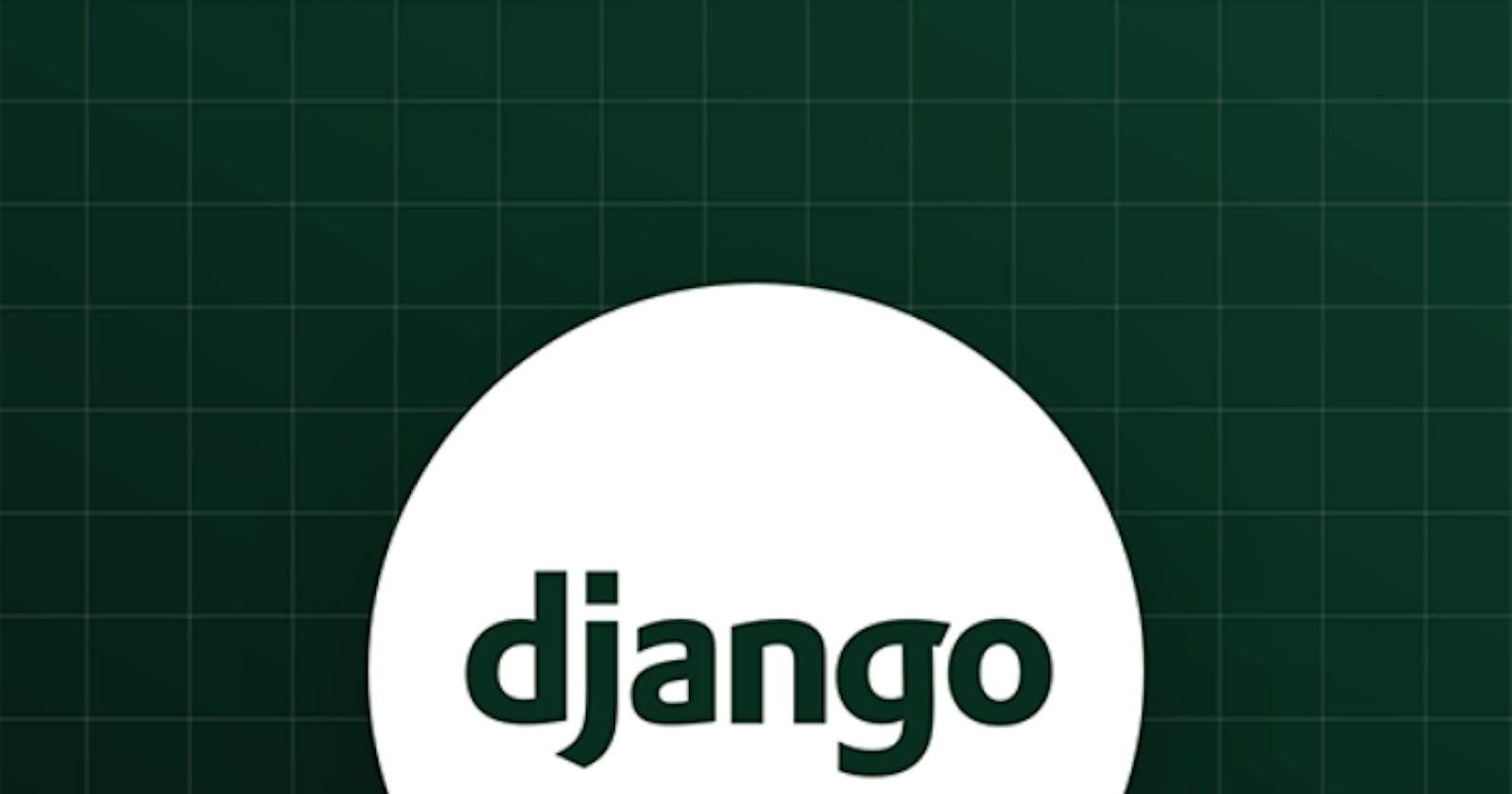Table of contents
INTRODUCTION
Django is a high-level, open-source web framework written in Python. It follows the model-view-controller (MVC) architectural pattern, or more precisely, the model-template-view (MTV) pattern, which provides a structured and efficient way to build dynamic web applications. Django's main goal is to enable developers to build web applications quickly, with less code and without sacrificing scalability, security, and maintainability.
KEY FEATURES OF DJANGO

Rapid Development: Django emphasizes the principle of "don't repeat yourself" (DRY), promoting efficiency and reducing development time. It provides a vast array of built-in tools, libraries, and APIs that handle common web development tasks, allowing developers to focus on the unique aspects of their applications.
Object-Relational Mapping (ORM): Django's ORM simplifies database access by providing an abstraction layer that allows developers to interact with the database using Python objects. This eliminates the need to write SQL queries manually and makes it easier to manage database operations.
Admin Interface: Django comes with a built-in admin interface that automates many administrative tasks. It provides a customizable, user-friendly interface for managing data models, user authentication, permissions, and more.
URL Routing: Django's URL routing system enables the mapping of URLs to specific views, allowing developers to create clean and logical URL structures for their applications. This flexibility makes it easy to handle different types of requests and build RESTful APIs.
Template Engine: Django includes a powerful template engine that separates the presentation logic from the application's business logic. This allows for the creation of reusable and modular templates that can be dynamically rendered with data.
Security: Django incorporates various security features, such as protection against common web vulnerabilities like cross-site scripting (XSS), cross-site request forgery (CSRF), and SQL injection. It also provides authentication mechanisms and tools for managing user sessions and permissions.
DJANGO VS FLASK

Django and Flask are both popular Python web frameworks, but they have different philosophies and are suited for different use cases. Here are some key differences between Django and Flask:
Philosophy and Complexity:
Django: Django follows the principle of "batteries included" and provides a comprehensive framework with many built-in features and conventions. It emphasizes rapid development, scalability, and code reusability. Django has a steeper learning curve due to its complexity and opinionated structure.
Flask: Flask follows a minimalist approach and provides a lightweight framework with a minimal core. It aims to be flexible and allows developers to choose and integrate libraries and components according to their needs. Flask gives developers more control and freedom over the application's structure and design.
Use Case and Project Size:
Django: Django is well-suited for larger, complex projects that require a full-featured framework. It provides built-in features for user authentication, administration, database ORM, and more, making it ideal for content-heavy websites, e-commerce platforms, and enterprise-level applications.
Flask: Flask is suitable for smaller projects or applications that require more flexibility and customization. It is often preferred for lightweight RESTful APIs, microservices, and single-page applications where developers want to have fine-grained control over the project's structure and components.
In conclusion, Django is a powerful, full-featured web framework that prioritizes rapid development, scalability, and code reusability. It provides a comprehensive set of built-in features and conventions, making it well-suited for larger, complex projects such as content-heavy websites, e-commerce platforms, and enterprise-level applications. Django's batteries-included approach streamlines development and reduces the need for manual configuration, allowing developers to quickly build robust web applications.
